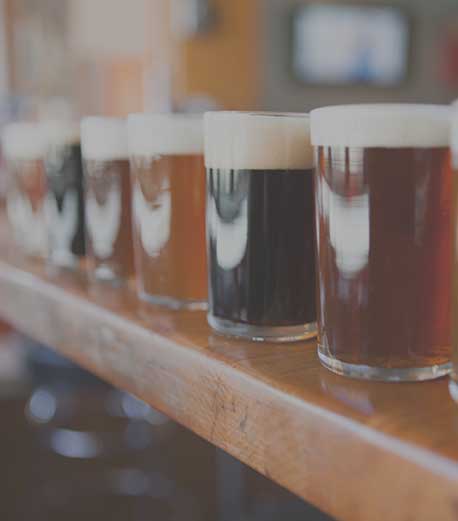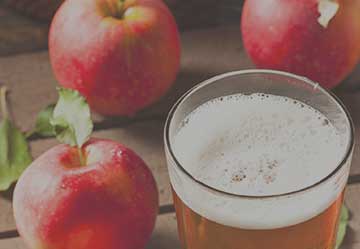Well it's that time of year again – the sun is finally shining and nature is starting to burst forth. This can only mean one thing – Elderflower season is coming!
We’ve finally decided to reveal our family recipe for Elderflower Cordial as we think it makes the best Elderflower Cordial we have ever tasted. As always we are here to help so have included some top tips for you as well.
For this you will need 2 Food grade containers or large bowls to make the cordial in, A large sieve, Butter Muslin Sheet for filtering the cordial through, A Simple Syphon, Food grade plastic bottles to put the finished cordial into
Ingredients |
|
|
35 |
Fresh Elderflower Heads |
|
2 |
Oranges (Roughly sliced) |
|
2 |
Lemons (Roughly sliced) |
|
2 oz. / 60g |
|
|
3 pints / 1.7 litres |
Boiling Water |
|
3 lbs. / 1.4Kg |
Granulated Sugar |
|
1 |
|
Method:
-
Boil the water and dissolve the sugar in it. Allow to cool fully.
-
Pour the cool sugar water into one of the containers and add the orange and lemon slices.
-
Stir in the citric acid and make sure that it is dissolved.
-
Add the elderflower heads.
-
Place the lid on the container (or cover with a cloth is your container does not have a lid).
-
Leave for 48 to 72 hours.
-
Strain the mixture using the sieve and Butter Muslin and then leave covered for another 48 hours.
-
Syphon the cordial into another container leaving any sediment behind.
-
Add 1 crushed Campden tablet per gallon / 4.5 litres of cordial and mix well.
-
Leave for 3 to 4 hours to settle.
-
You can now bottle your cordial. NB: Please make sure your bottles are clean before filling them.
Top Tips
When picking Elderflowers, go for the sweet smelling ones which tend to be a bit buttery in colour and which do not drop petals when shaken lightly as these will make the best cordial.
Use citric acid to give your cordial a more lemony taste, but if you prefer you can use Tartaric Acid as this will not impart the same citrus flavour.
Campden tablets or Sodium Metabisulphite powder is the very best way to kill the natural yeasts that are present on the elderflowers and will allow you to store your cordial for a long time without it going off.
Having two suitable size, non-metallic containers to make your cordial in is really handy as it makes the straining and syphoning much easier. We suggest food grade plastic buckets such as our 5 litre Fermentation Vessels (non airlock type as you are not actually going to ferment the cordial) as these have tight fitting lids, but you could also use large mixing bowls or similar. Plastic, glass and ceramic are all excellent materials for your containers, just do not use metal ones.
Food grade plastic bottles such as 2nd hand fizzy drinks bottles are excellent to put the finished cordial into. Should you prefer you can always use our new 1 litre PET plastic bottles or indeed glass swing top ones to store your cordial in.





2 comments
This looks like a very good recipe. We’ve just used Mary Berry’s one this year but I’ll be using yours next year.
many thanks for tips and recipe…will get making this afternoon.